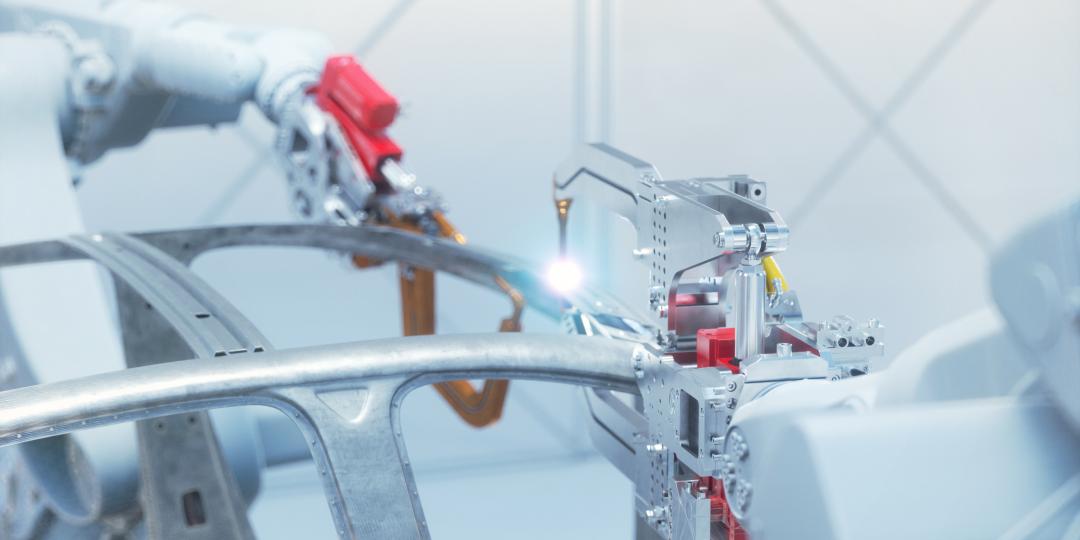Industry 4.0 technologies will increasingly be incorporated into the design of factories of the future. Digitalisation, intelligent automation and ‘smartisation’ will allow these factories to operate more productivity, efficiently and cost-effectively.
Raymond Obermeyer, managing director of SEW-EURODRIVE South Africa, explains that Industry 4.0 includes all the opportunities for digitally networked production. It means that networked and centrally controlled machinery and components can make independent decisions de-centrally.
“Industrial production strategies have traditionally been based on central and hierarchical control entities. Industry 4.0 technologies, including the Internet of Things (IoT), are changing this, allowing machines, components and work pieces to be smart with the ability to self-organise,” he says.
Describing ‘smartisation’ as the fusion of conventional physical products with cutting-edge information technology, Obermeyer points out that once things are smart and digital, the possibilities are endless. “Networking and machine-to-machine communication becomes possible, as do autonomous and decentralised control mechanisms, the intelligent use of big value data streams, and even services like servicing and monitoring.”
For Industry 4.0 technologies to work effectively, however, it will require shifting the value creation process towards software engineering, the digitalisation of machines and a comprehensive decentralisation of all processes, he explains.
“For the most part, the technologies for Industry 4.0 already exist with computer-integrated manufacturing and lean production systems, resulting in more efficient and more reliable systems,” he says. “The challenge, however, is how to network and combine these proven technologies into new, autonomous systems which use data and intelligent analysis programmes to enable predictions of how technical processes can be made more reliable, efficient and even fail-safe.”
Industry 4.0 technologies are nothing new to SEW-EURODRIVE. The company’s factory in Graben-Neudorf in Germany is a showcase of Industry 4.0 technologies, intelligently networking people, things, processes, services and data.
“Our Graben-Neudorf factory is part of our vision to shape the factory of tomorrow,” reveals Obermeyer. “It is a factory which is characterised by system solutions for Industry 4.0 which intelligently links mobile robots and assistance systems to a loose process module, in the process supporting employees, raising productivity and implementing smart maintenance.”
Many of these same technologies, he reveals, are being implemented in SEW-EURODRIVE South Africa’s new R200-million headquarters, based in Aeroton, Johannesburg. The high-tech facility is key to the company’s aim of even more efficiently servicing customers both in South Africa and on the African continent. The company will be using these same learnings and technologies to help customers develop their own factories and manufacturing facilities of the future, incorporating state-of-the-art Industry 4.0 technologies.
“In our opinion, conventional industry boundaries will increasingly be blurred by the digitalisation of processes and disruptive technologies. As a result, businesses need to plan for and incorporate these technologies in order to remain competitive. Get it right and not only will businesses be more sustainable, but they will have optimised the value creation process,” concludes Obermeyer.
SEW-EURODRIVE is a specialist in drive and control technologies. It supplies the mining industry with a high quality, complete drive solution for girth gears including drive pinions, motors, coupling and support infrastructure.















